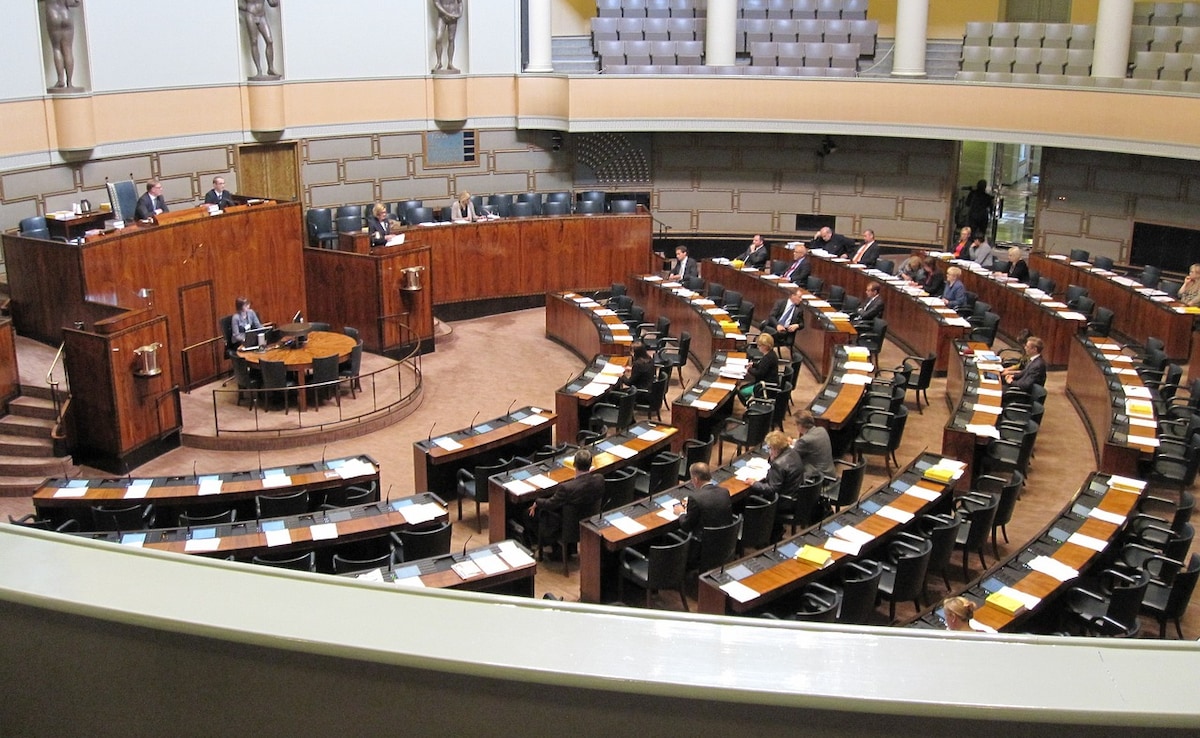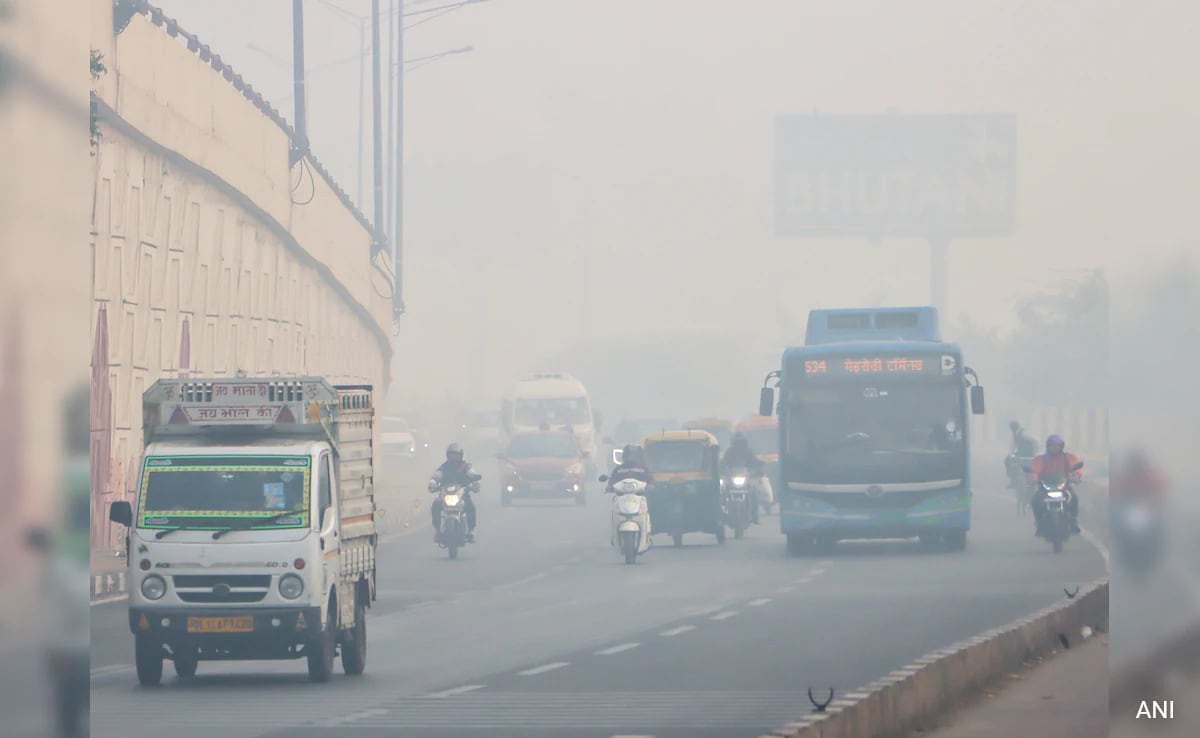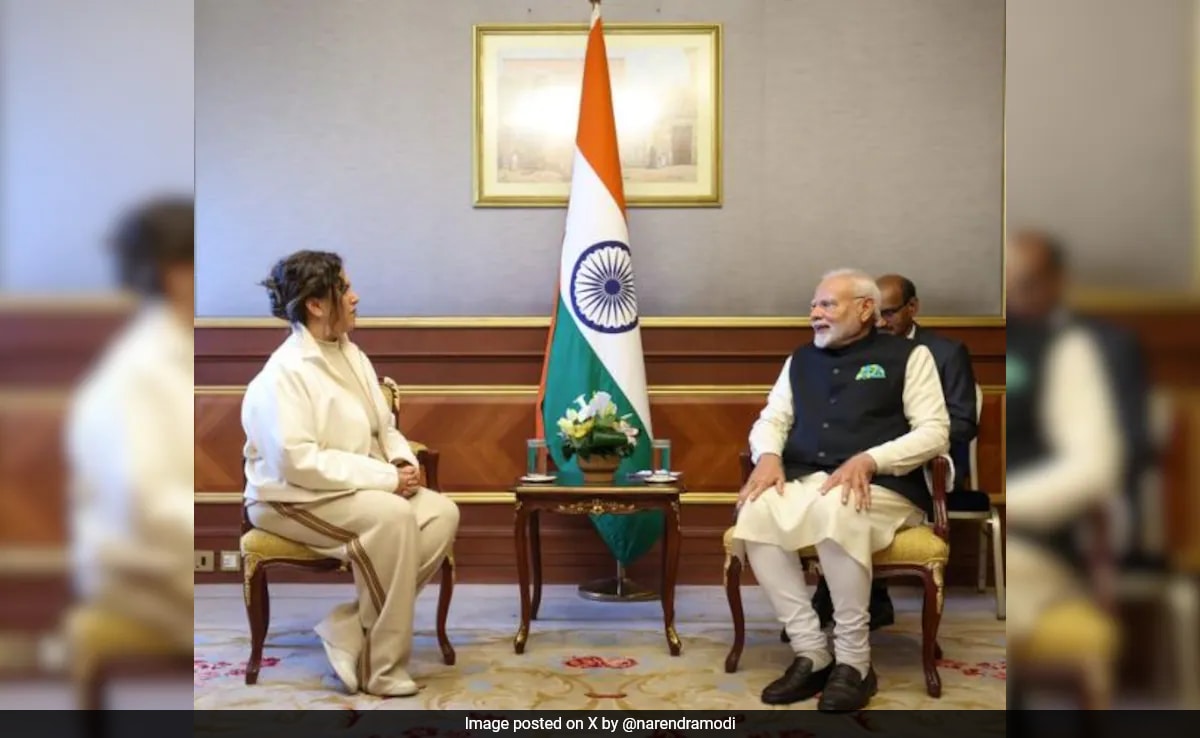Australian politicians could be fined up to 5 per cent of their salary or suspended from the Parliament for bad behaviour under new government workplace laws.
The governing Labor Party on Wednesday introduced new legislation to establish an Independent Parliamentary Standards Commission (IPSC) to crack down on politicians and staff who engage in bad behaviour, Xinhua news agency reported.
The IPSC will have the power to enforce behaviour codes, conduct workplace investigations, and impose sanctions on elected members of both houses of the Parliament, their staff, and other employees in parliamentary workplaces.
If serious misconduct is found to have been perpetrated by a current or former politician, the commission can recommend that they be fined up to five per cent of their annual base salary or suspended from the Parliament.
The IPSC was first proposed in 2021 in a report from the government’s Sex Discrimination Commissioner that found 33 per cent of people working in Commonwealth Parliamentary workplaces (CPWs) had experienced at least one incident of sexual harassment and 37 per cent had been subjected to bullying.
The landmark Set the Standard report was commissioned after former government staffer Brittany Higgins went public in February 2021 with allegations that she was raped by a colleague in Parliament House in March 2019.
A federal court judge ruled in April 2024 that Higgins was raped by fellow political staffer Bruce Lehrmann.
“The 2021 Set the Standard report laid bare the serious issues of bullying, sexual harassment and sexual assault at Parliamentary workplaces,” Katy Gallagher, the Minister for Finance, Minister for Women and Minister for the Public Service, said in a statement on Wednesday.
“We’ve been working hard to put the systems in place so that people can raise workplace complaints, and when complaints are substantiated, that both staff and parliamentarians are held to account for their behaviour.”
In cases where alleged behaviour would constitute criminal conduct, the IPSC would be allowed to investigate but any finding would not be one of criminal guilt.
For allegations of sexual assault, it would only be investigated if the complainants consented.
The whole process will be confidential but if the commissioners recommend sanctions against an elected representative it is likely to be made public.














